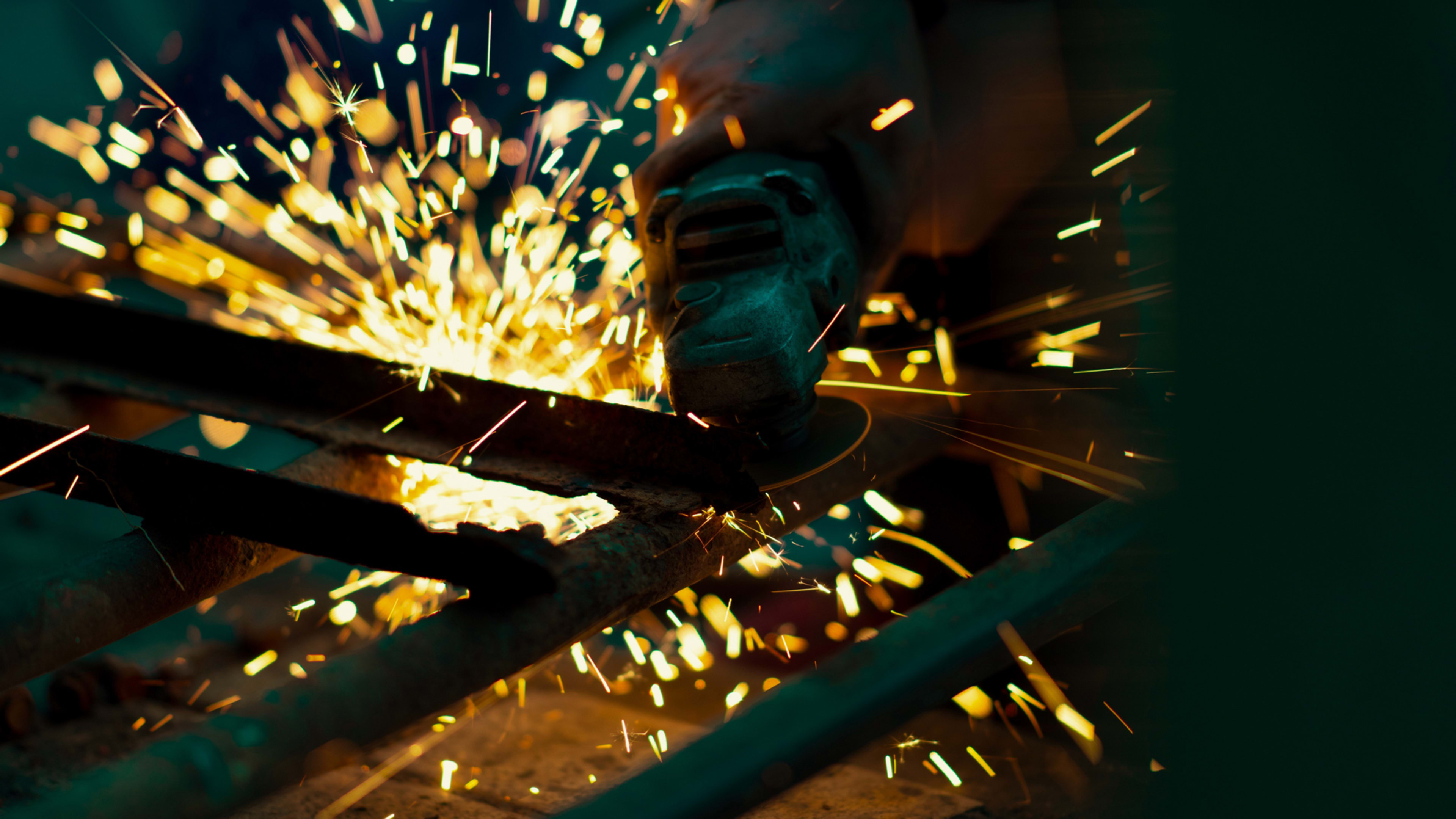A report by the analysis firm Oxford Economics says that by 2030 robots introduced into the manufacturing sector will take 20 million jobs away from humans. Those numbers are especially bleak considering the report found that since 2000, robots have only taken 1.7 million jobs away from manufacturing workers. In other words, in the next 10 years, robots will take away over 11 times the number of manufacturing jobs from humans that they took in the previous 20 years.
The country hit the hardest by this robot manufacturing revolution will, unsurprisingly, be China, where a bulk of the world’s manufacturing takes place. Here’s how many jobs are likely to be lost to robots in major manufacturing countries or blocs by 2030:
- China: over 11 million
- European Union: almost 2 million
- United States: almost 1.7 million
- South Korea: almost 800,000
- The rest of the world: 3 million
Oxford Economics says that on average in the 29 most-advanced economies of the world, one robot takes away 1.6 human manufacturing jobs—making a robot worker a no-brainer for a company looking to reduce costs. But robots also disproportionately affect lower-income areas. In the lower-income areas of the countries in the study, one robot took away 2.2 manufacturing jobs. While in the richer areas of the countries in the study, one robot only took away 1.3 human jobs.
Recognize your brand’s excellence by applying to this year’s Brands That Matter Awards before the early-rate deadline, May 3.
